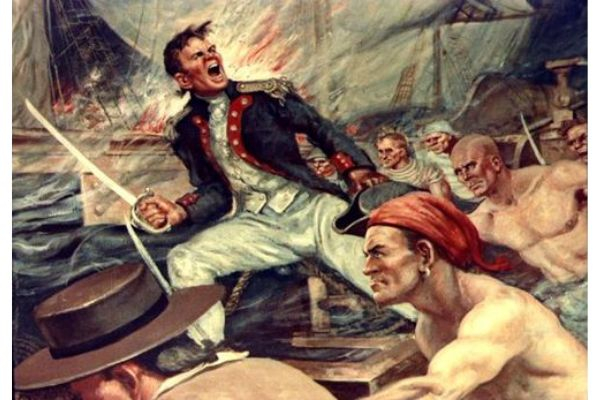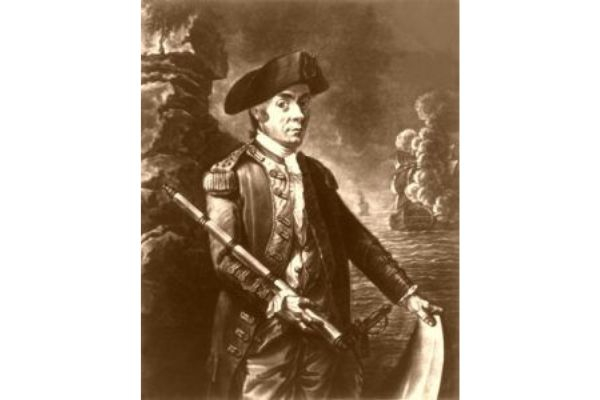John Paul Jones was against slavery
At the young age of 13, Jones began his career in the navy as an apprentice on the British cruiser Friendship.
He worked aboard numerous British ships during his early career, giving him the chance to observe the slave trade firsthand. He expressed his disgust and stated that he opposed slavery, which caused him to decide not to work on any more slave-trading ships in the future. Eventually, Jones' sailing exploits would bring him to America, where, like many other sailors before him, he became embroiled in the slave trade. He was appalled by the realities of human trafficking, though, and went back to his responsibilities as a cargo shipper. In 1773, Jones found himself in a very difficult situation when, acting in self-defense on the island of Tobago, he killed a mutinous sailor. Jones went to America because he didn't think he would get a fair trial. In order to hide his identity, he inserted the last name "Jones" there.
John Paul Jones was a celebrated and distinguished Scot who gained notoriety and became a key player in the Revolutionary War partly as a result of his deeds and accomplishments at sea. Jones, a naval captain who was heavily involved in the Continental cause, was tasked with harassing British ships along the coasts of Nova Scotia, Britain, and Ireland, respectively. In this lesson, we will discover what John Paul Jones accomplished to gain his reputation as the Crown's and its forces' unavoidable nemesis during the North American conflict. Jones was widely respected and revered by his adopted people as well as the French king Louis XVI (who named him a Chevalier, or knight, of France), but his British counterparts compared him to the pirate Blackbeard and had much less favorable opinions of him. This is one of the interesting facts about John Paul Jones.









